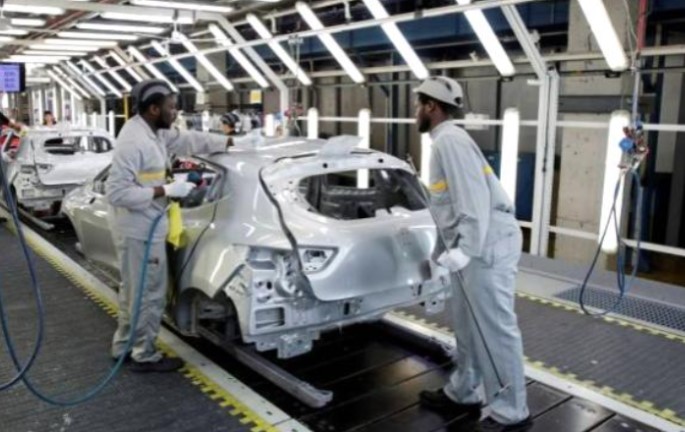On February 3, 2025, Asian markets faced significant losses as businesses in countries like Japan and South Korea struggled due to new tariffs imposed by U.S. President Donald Trump. These tariffs affected Mexico, Canada, and China, and caused a wave of concern about the future of global trade.
The tariffs were not unexpected, but they still shocked the region, especially because many businesses rely on trade with the U.S. and the news raised fears about lower demand for products in the U.S. and a possible slowdown in the global economy.
Impact on Automakers
Automakers were hit the hardest by these new tariffs. Japanese and South Korean car companies, many of which have factories in Mexico, saw their stock prices drop significantly. Toyota and Nissan both saw drops of over 5%, while Honda’s shares fell by more than 7%. These companies make a large portion of their cars in Mexico to sell in the U.S. market.
For example, Nissan has factories in Mexico where they produce popular cars like the Sentra, Versa, and Kicks. About 300,000 cars are made there each year, many of which are exported to the U.S. Honda, which also produces a significant number of cars in Mexico, had previously warned that it might rethink its production plans if the tariffs became permanent.
South Korean carmaker Kia, which also has a factory in Mexico, saw a nearly 7% drop in its stock price. The tariffs also hurt South Korea’s electric vehicle battery makers. Companies like POSCO Future M and EcoPro BM, which were planning to build factories in Canada to supply electric vehicle batteries to U.S. companies like GM and Ford, lost as much as 9.1% and 8.7% in value.
Tariffs and Retaliation
The U.S. tariffs are 25% on imports from Mexico and Canada and 10% on goods from China. While Chinese markets were closed for the Lunar New Year, stocks of Chinese companies listed in Hong Kong were affected, reflecting worries about the impact of the tariffs.
In response to the U.S. tariffs, Mexico and Canada announced they would impose their own retaliatory tariffs. Canada, for example, announced a 25% tariff on $155 billion worth of U.S. goods. This made trade tensions even worse.
Effects on Other Industries
The effects of the tariffs were not limited to carmakers. Australia’s major iron ore miners, including BHP, Rio Tinto, and Fortescue, also suffered losses, with their stock prices dropping by 2% to 5%. Rio Tinto, which exports large amounts of aluminum from Canada to the U.S., is expected to be one of the hardest hit, with analysts predicting a 4% impact on its earnings before taxes.
Taiwanese tech companies that have production facilities in Mexico also saw significant losses. Companies like Foxconn, Quanta, and Inventec, which make products for global tech brands, experienced drops in their stock prices, some falling as much as 10%.
Overall, the new U.S. tariffs have caused widespread concern across several industries, particularly in the automotive and tech sectors. While the U.S. government aims to protect domestic businesses, the trade tensions have raised fears of a global slowdown. With retaliatory measures from Mexico and Canada, and a possible ripple effect on other markets, the situation remains uncertain for many businesses.





